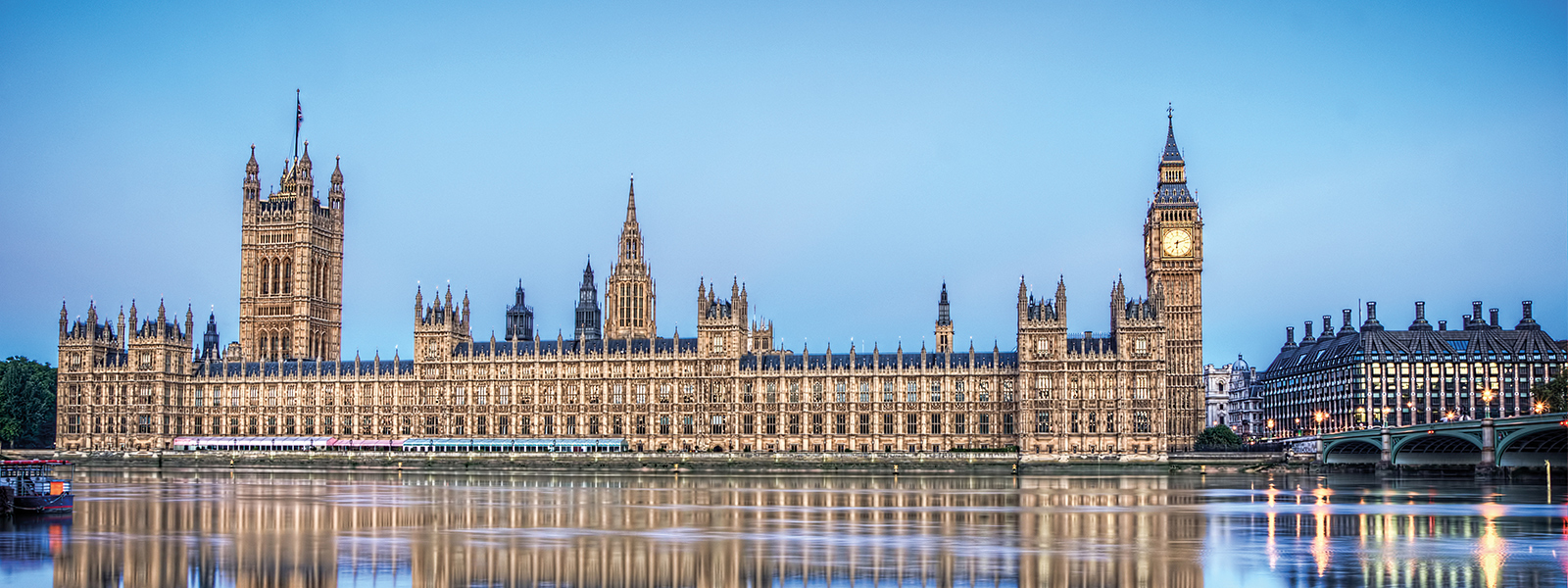For each course you may find that there are additional costs. These may be with regard to the specific clothing, materials or equipment required, depending on your course. Some courses provide opportunities for you to undertake field work or field trips.
Where these are compulsory, the cost for the travel, accommodation and your meals may be covered by the University and so is included in your fee. Where these are optional you will normally (unless stated otherwise) be required to pay your own transportation, accommodation, and meal costs.
With regards to textbooks, the University provides students who enrol with a comprehensive reading list and you will find that our extensive library holds either material or virtual versions of the core texts that you are required to read. However, you may prefer to purchase some of these for yourself and you will be responsible for this cost.







